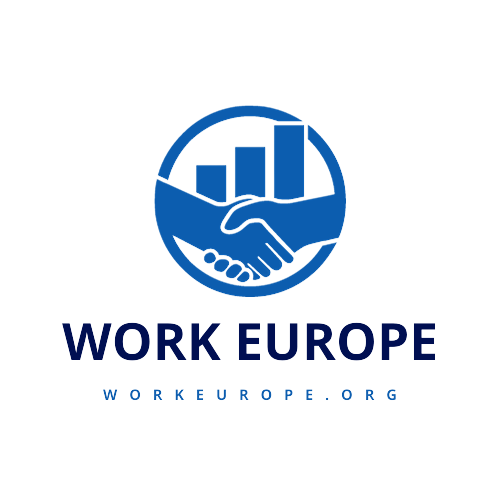
Europe has long been a global leader in education and professional development, offering a wealth of opportunities for individuals looking to enhance their careers and skill sets. In this article, we’ll explore some of the key avenues for professional development in Europe and how they can empower individuals to achieve their career goals.
1. Higher Education and Postgraduate Studies:
Europe boasts a wide array of prestigious universities and institutions known for their high-quality education. Pursuing higher education, whether through master’s or doctoral programs, can open doors to advanced knowledge and specialized skills. Countries like the United Kingdom, Germany, France, and the Netherlands are renowned for their world-class universities.
2. Vocational and Technical Training:
Europe is home to a robust vocational and technical education system, providing training in fields such as engineering, healthcare, information technology, and the trades. These programs offer hands-on learning experiences and often lead to industry-recognized certifications, preparing individuals for well-paying, in-demand careers.

3. Language and Cultural Immersion Programs:
With its rich linguistic diversity, Europe provides opportunities for language learning and cultural immersion. Language schools, exchange programs, and cultural experiences allow individuals to acquire new language skills, broaden their horizons, and strengthen their cultural competence, which can be highly valuable in international careers.
4. Professional Certifications and Licensing:
Various industries in Europe require professional certifications and licenses to practice legally. Obtaining certifications in fields like finance, medicine, law, and engineering demonstrates expertise and can lead to enhanced career opportunities and job security.
5. Management and Leadership Training:
Many European institutions offer specialized programs in management and leadership development. These programs equip professionals with the skills needed to lead teams, make strategic decisions, and drive organizational growth.
6. Online Learning and MOOCs:
Europe embraces online learning, making it possible for individuals to access high-quality courses and programs remotely. Massive Open Online Courses (MOOCs) and platforms like Coursera, edX, and FutureLearn provide opportunities for self-paced learning and skill development.
7. Apprenticeships and Internships:
Apprenticeship programs are widely prevalent in Europe, allowing individuals to gain practical experience while working under the guidance of skilled professionals. These programs are common in industries such as manufacturing, construction, and healthcare.
8. Professional Associations and Networking:
Joining professional associations and participating in networking events can be invaluable for career growth. These organizations provide access to industry insights, mentorship, and opportunities for collaboration and advancement.
9. Entrepreneurship and Start-up Ecosystem:
Europe has a thriving start-up ecosystem, with numerous hubs in cities like London, Berlin, and Barcelona. Aspiring entrepreneurs can benefit from incubators, accelerators, and innovation centers that foster creativity and support the development of new businesses.
10. Government Initiatives and Funding:
Many European governments invest in programs that promote professional development and innovation. Grants, subsidies, and funding opportunities are often available for research, development, and entrepreneurship initiatives.

Challenges and Considerations:
While Europe offers abundant opportunities for professional development, there are some challenges to consider:
- Cost: Education and training programs in Europe can be costly, particularly at prestigious institutions. Scholarships, grants, and financial aid options can help alleviate this burden.
- Language Barriers: For non-native speakers, language proficiency can be a hurdle in accessing certain educational and professional opportunities. Language courses and support can address this challenge.
- Recognition of Qualifications: If you plan to use your qualifications earned in one European country in another, you may need to go through a recognition process to ensure their validity.
Conclusion:
Professional development opportunities in Europe are vast and varied, catering to individuals with diverse career aspirations and goals. Whether you seek advanced education, specialized skills, or entrepreneurial success, Europe’s commitment to lifelong learning and innovation creates an environment where you can unlock your full potential and thrive in your chosen field.
WorkEurope.org is a platform connecting vacant jobs to skilled professionals around the world.

